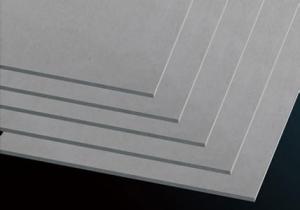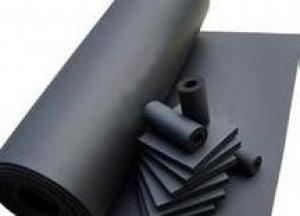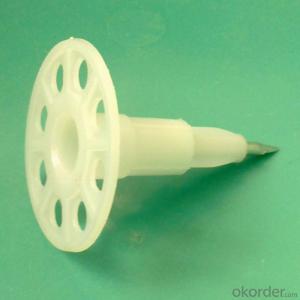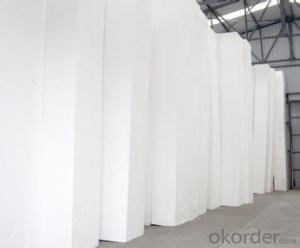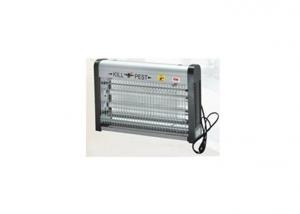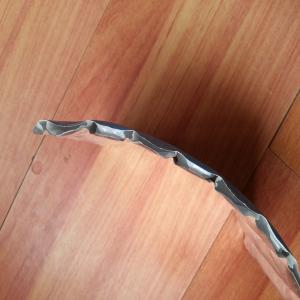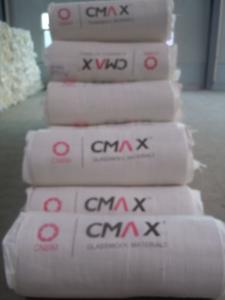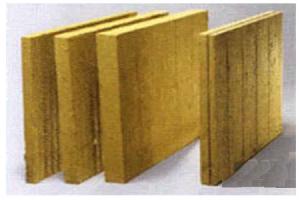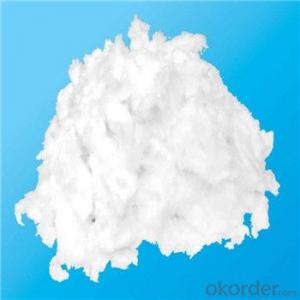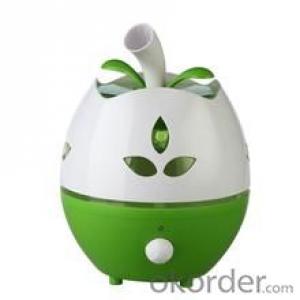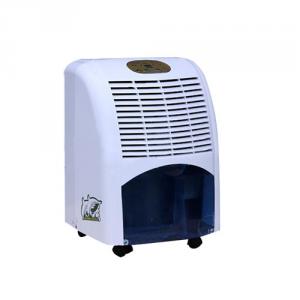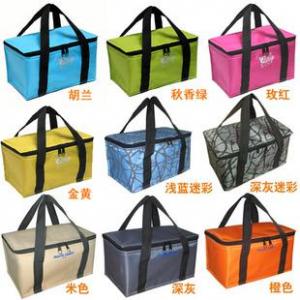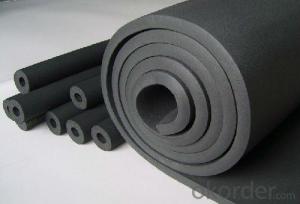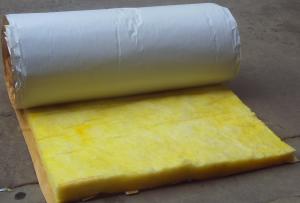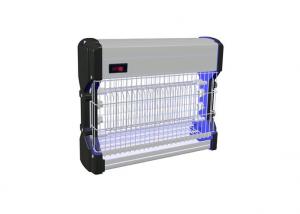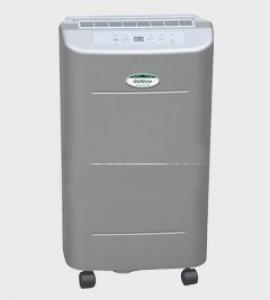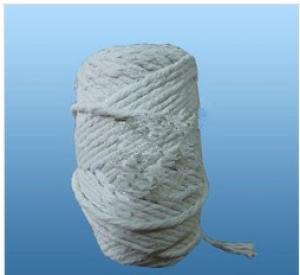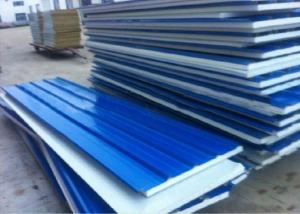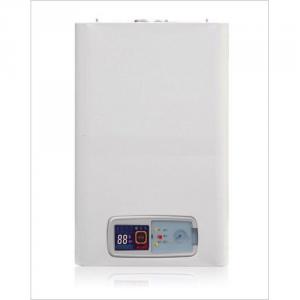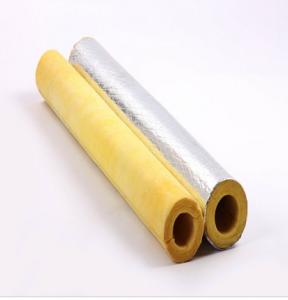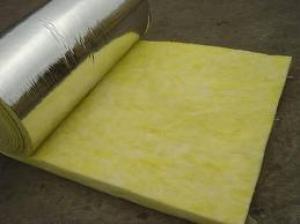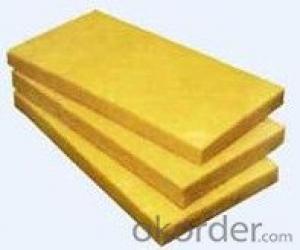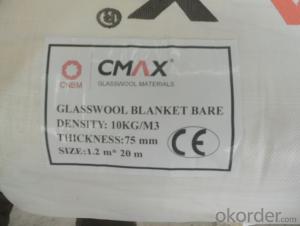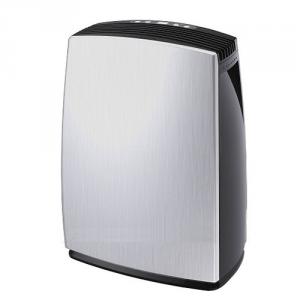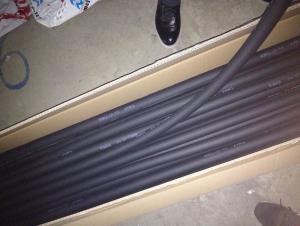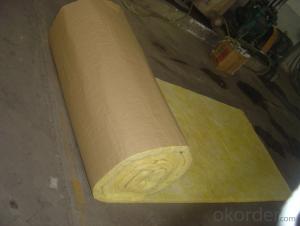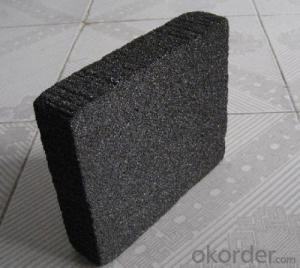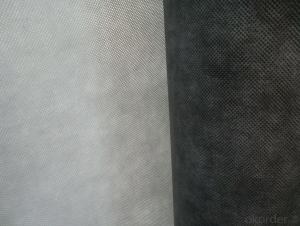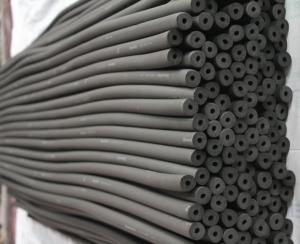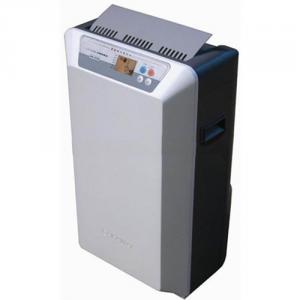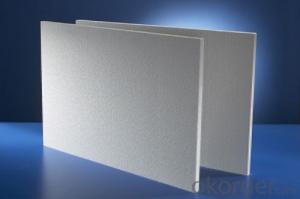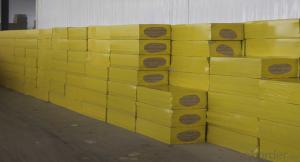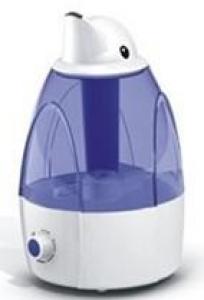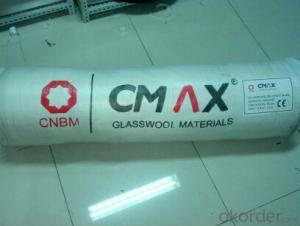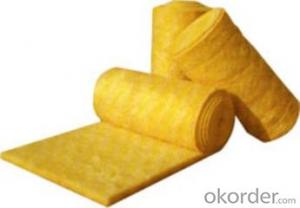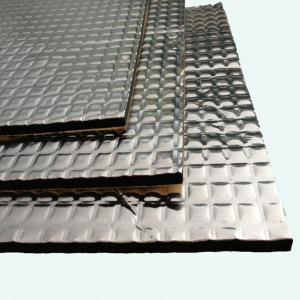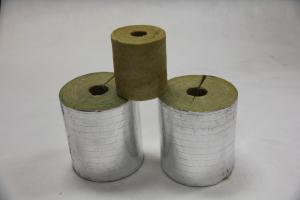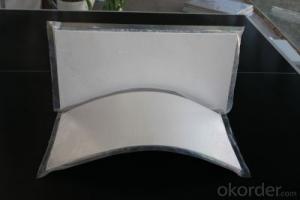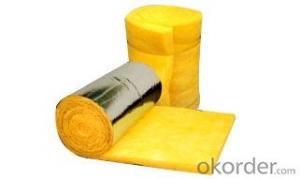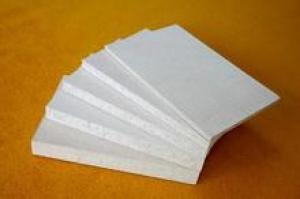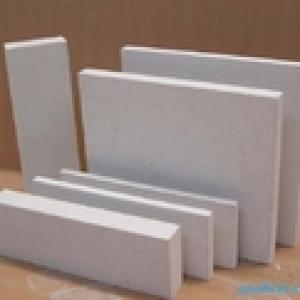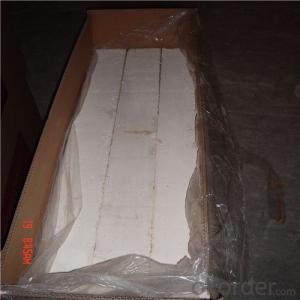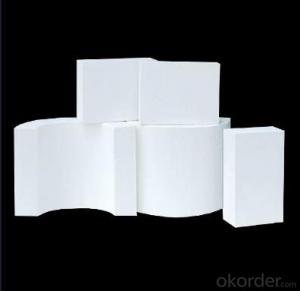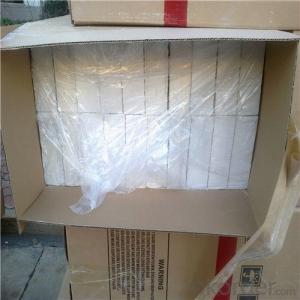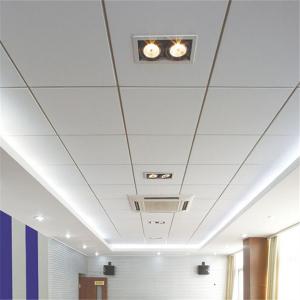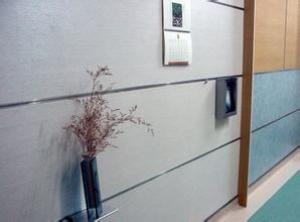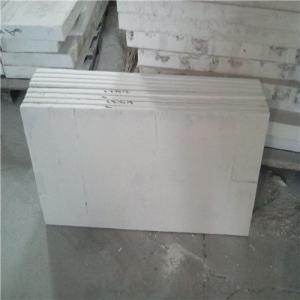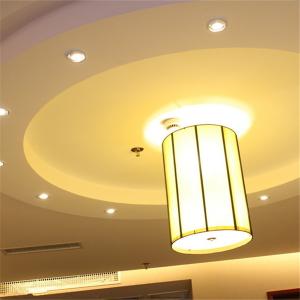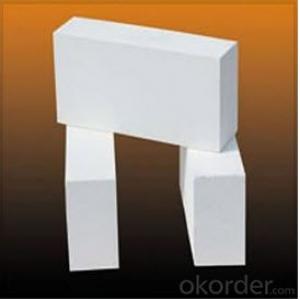Home Insulation
Home Insulation Related Searches
Indoor Insulation Indoor Window Insulation Best Home Insulation Home Insulation Contractors Insulation Services High Thermal Insulation Recycled Insulation Loft Insulation Natural Insulation Materials Cellulose Insulation Indoor Window Insulator Faced Insulation Roof Insulation Materials Insulation Wool Soundproofing Homes Organic Insulation Materials Exterior Polystyrene Insulation Insulation Plate Open Cell Insulation Tapered Insulation Cavity Insulation Ceramic Sheet Insulation Polyurethane Sheet Insulation Best Wall Insulation Silica Insulation Energy Efficient Home Heating Marine Insulation Material Waterproofing Homes Rock Sol Insulation Pe InsulationHome Insulation Supplier & Manufacturer from China
Home Insulation encompasses a range of products designed to reduce heat transfer and improve energy efficiency in residential buildings. These products include thermal insulation materials such as fiberglass, mineral wool, and spray foam, which are used to insulate walls, ceilings, and attics. By incorporating these materials into a home's construction, homeowners can significantly lower their energy bills and create a more comfortable living environment.Home Insulation products are widely used in various scenarios, such as new construction, home renovations, and retrofitting projects. They are essential for maintaining a consistent indoor temperature, reducing noise pollution, and enhancing the overall comfort of a living space. These products are also environmentally friendly, as they help to reduce energy consumption and greenhouse gas emissions associated with heating and cooling.
Okorder.com is a leading wholesale supplier of Home Insulation products, offering a vast inventory to cater to the needs of contractors, builders, and homeowners. With a commitment to quality and customer satisfaction, Okorder.com ensures that customers receive reliable and high-performance insulation materials at competitive prices.
Hot Products
